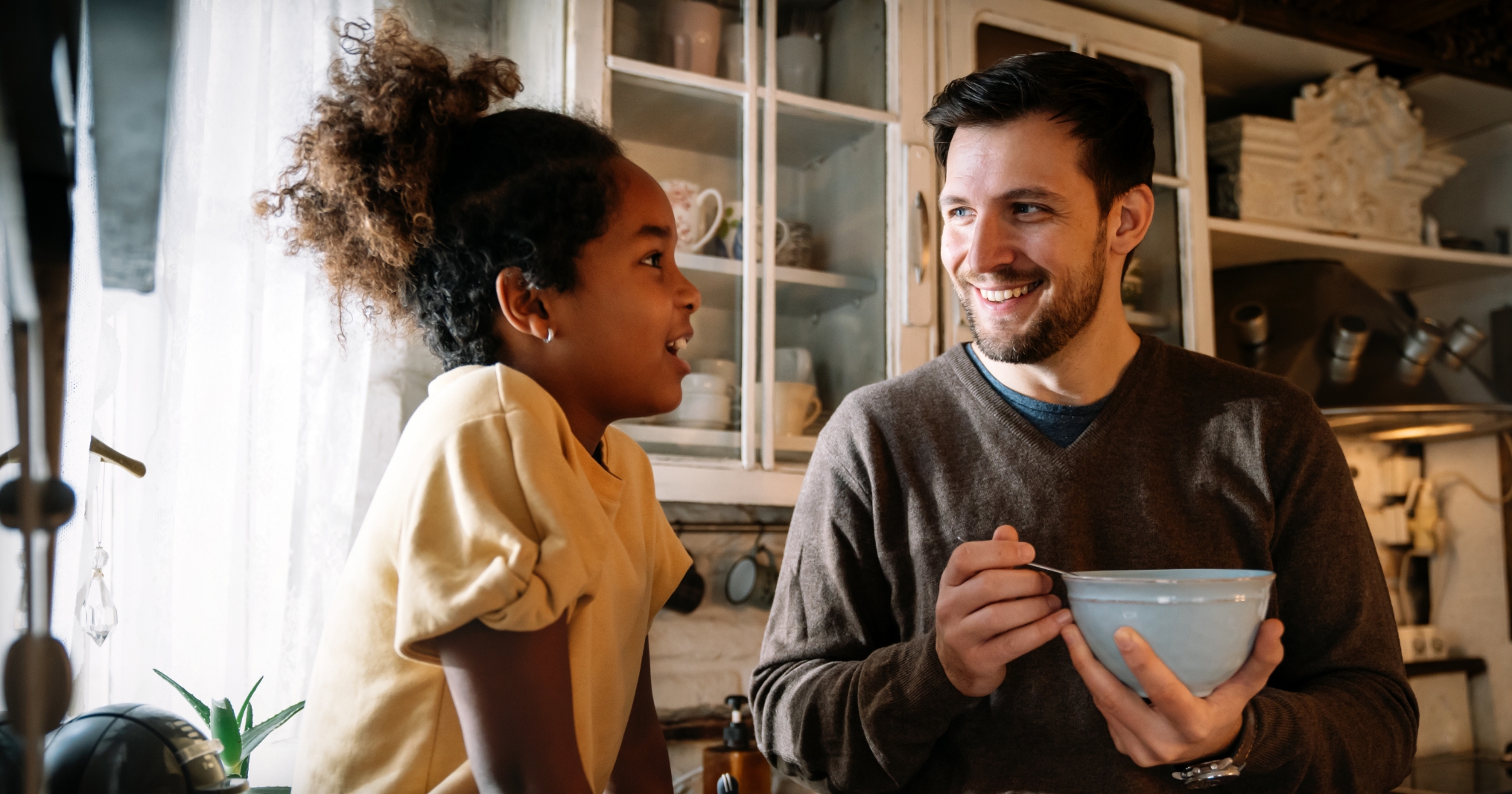Under the Aegis: Building Connection Through Natural Language in Child Advocacy
Karen Rogers, Guardian ad Litem with TIGALA, discusses the importance of using natural language to build trust with children and families, ensuring their voices are heard in court. Discover how clear communication can make all the difference in child advocacy.
At TIGALA, we understand that the language used by Guardians ad Litem can make a significant difference in how children engage during difficult times. Karen Rogers, one of our dedicated Guardians ad Litem, believes that communicating in a natural, relatable way is key to forming a genuine connection with children. In the latest instalment of our Under the Aegis series, Karen shares insights into how this approach helps her to build trust, collaborate more effectively, and better advocate for the children she represents.
I would have held back on some stuff, wanting to use more formal or professional language,” Karen recalls. But experience taught her that breaking down barriers through simple, honest communication can be far more effective. “I have moved away from that to talking more about the really basic stuff that children need.”
It’s all about human interaction and relationships with everybody who’s in that room in a court… it doesn’t have to be so formal.
Karen highlights that using natural language isn’t just about simplifying communication – it’s about fostering trust and making the child feel understood. She recounts a moment where a young boy she worked with met a judge and remarked, “Oh my God, he’s just like a normal person.” For Karen, this illustrated the importance of demystifying the court experience and showing children that the professionals around them are approachable, relatable and working toward their best interests.
This approach aligns with TIGALA’s ethos of centring the child’s perspective. By engaging in conversations that children can relate to and using language they can understand, Karen ensures that their true feelings and wishes come through, making sure that each child’s voice is faithfully represented during crucial decision-making moments. It’s a way to bridge the gap between the often formal world of the court and the very real, human experiences of the children involved.
As Karen puts it, “It’s all about human interaction and relationships with everybody who’s in that room in a court… it doesn’t have to be so formal.”






